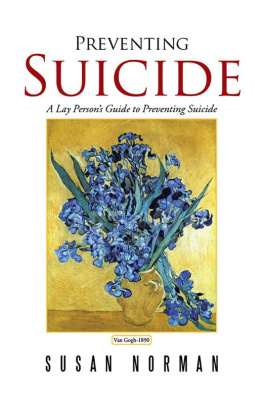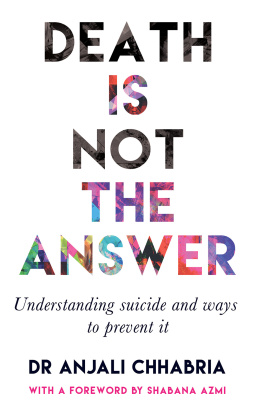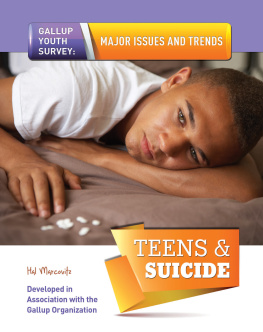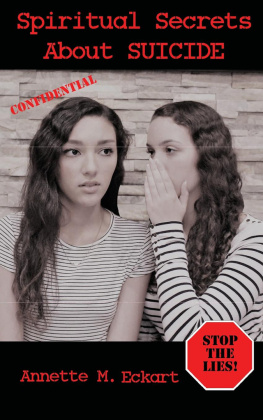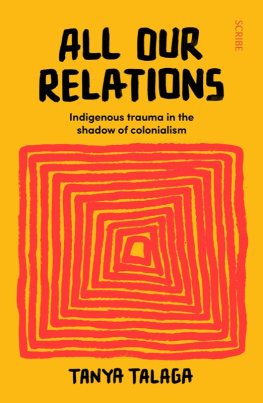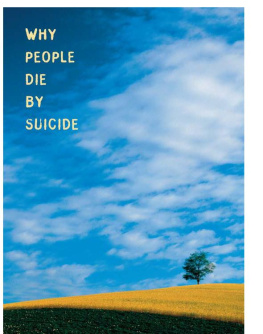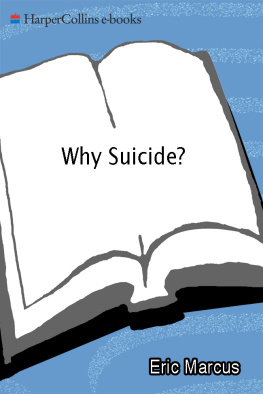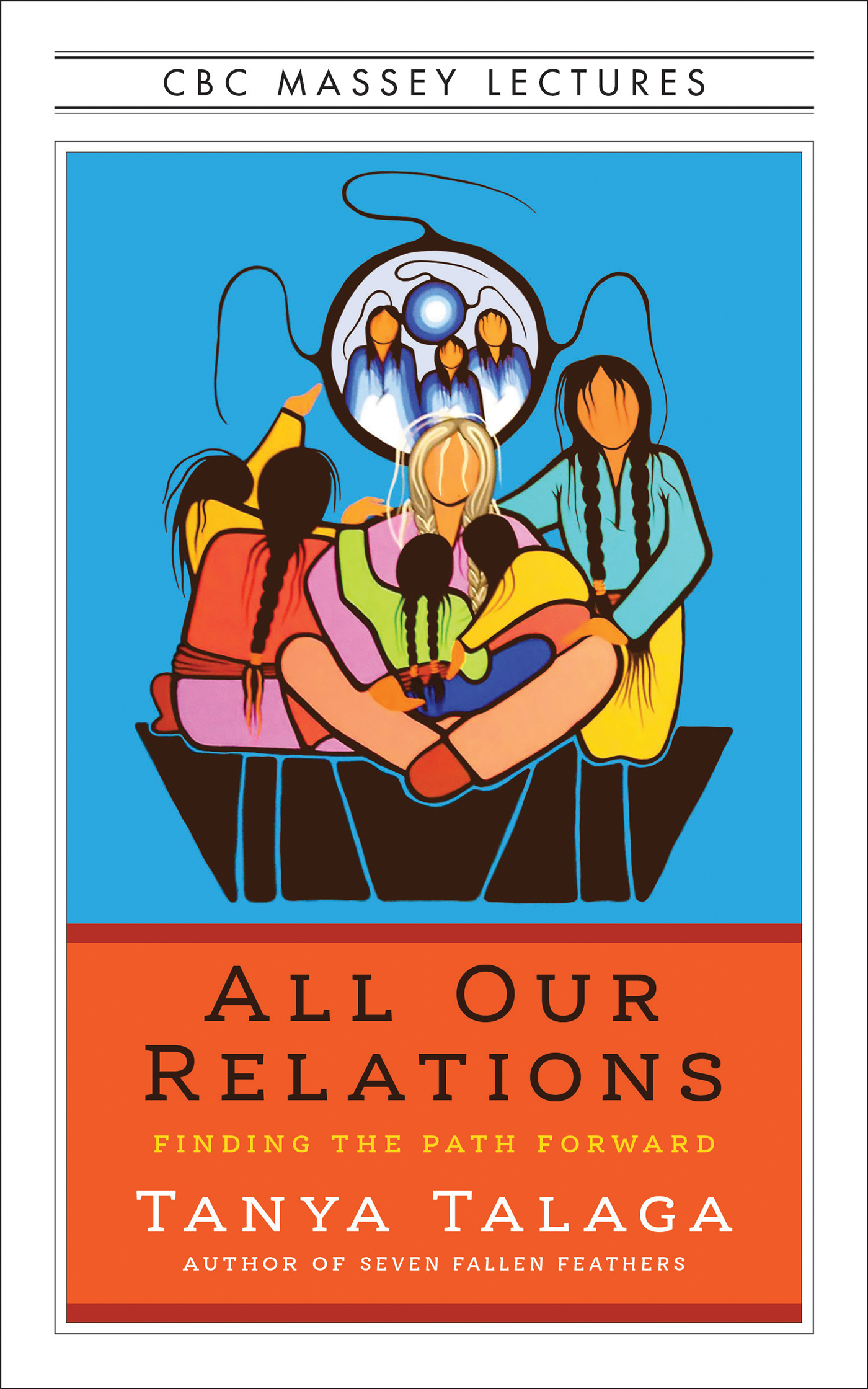the massey lectures series
The Massey Lectures are co-sponsored by CBC Radio, House of Anansi Press, and Massey College in the University of Toronto. The series was created in honour of the Right Honourable Vincent Massey, former Governor General of Canada, and was inaugurated in 1961 to provide a forum on radio where major contemporary thinkers could address important issues of our time.
This book comprises the 2018 Massey Lectures, All Our Relations: Finding the Path Forward, broadcast in November 2018 as part of CBC Radios Ideas series. The producer of the series was Philip Coulter; the executive producer was Greg Kelly.
the atkinson fellowship in public policy
The Atkinson Fellowship in Public Policy provides a seasoned Canadian journalist with the financial means to pursue a year-long investigation into a critical public policy issue. This award was established by the Atkinson Foundation, the Honderich Family, and the Toronto Star in 1988. As a public policy advocate, grant-maker, and investor, Atkinson has promoted social and economic justice in Ontario since 1942.
tanya talaga
Tanya Talaga is the acclaimed author of Seven Fallen Feathers, which was the winner of the RBC Taylor Prize, the Shaughnessy Cohen Prize for Political Writing, and the First Nation Communities Read: Young Adult/Adult Award; a finalist for the Hilary Weston Writers Trust Nonfiction Prize and the BC National Award for Nonfiction; CBCs Nonfiction Book of the Year, a Globe and Mail Top 100 Book, and a national bestseller. Talaga has been a journalist at the Toronto Star for more than twenty years, covering everything from general city news to education, national health care, foreign news, and Indigenous affairs. She has been nominated five times for the Michener Award in public service journalism, and she is the 201718 Atkinson Fellow in Public Policy. Talaga is of Polish and Indigenous descent. Her great-grandmother Liz Gauthier was a residential school survivor. Her great-grandfather Russell Bowen was an Ojibwe trapper and labourer. Her grandmother is a member of Fort William First Nation. Her mother was raised in Raith and Graham, Ontario. Talaga lives in Toronto with her two teenage children.
Also by the Author
Seven Fallen Feathers
Copyright 2018 Tanya Talaga and the Canadian Broadcasting Corporation
Published in Canada and the USA in 2018 by House of Anansi Press Inc.
www.houseofanansi.com
All rights reserved. No part of this publication may be reproduced or transmitted in any form or by any means, electronic or mechanical, including photocopying, recording, or any information storage and retrieval system, without permission in writing from the publisher.
House of Anansi Press is committed to protecting our natural environment.
As part of our efforts, the interior of this book is printed on paper that contains 100% post-consumer recycled fibres, is acid-free, and is processed chlorine-free.
Library and Archives Canada Cataloguing in Publication
Talaga, Tanya, author
All our relations : finding the path forward / Tanya Talaga.
(CBC Massey lectures)
Includes bibliographical references and index.
Issued in print and electronic formats.
ISBN 978-1-4870-0573-3 (softcover).ISBN 978-1-4870-0575-7 (EPUB).
ISBN 978-1-4870-0576-4 (Kindle)
1. Native youthSuicidal behaviorCanada. 2. Native peoplesSuicidal
behaviorCanada. 3. Native youthSuicidal behaviorCanadaPrevention.
4. Native peoplesSuicidal behaviorCanadaPrevention. 5. Native youth
Mental healthCanada. 6. Native peoplesMental healthCanada. 7. Native
youthMental health servicesCanada. 8. Native peoplesMental health
servicesCanada. I. Title. II. Series: CBC Massey lectures series
E98.S9T35 2018 362.2808350971 C2018-901983-2
C2018-901984-0
Library of Congress Control Number: 2018940369
U.S. ISBN: 978-1-4870-0574-0
Cover design: Alysia Shewchuk
Text design: Ingrid Paulson

We acknowledge for their financial support of our publishing program the Canada Council for the Arts, the Ontario Arts Council, and the Government of Canada.
For my sister, nimisenh ,
Donna Warren
(19602015)
Contents
To the person who is struggling at this moment:
We can choose to continue to think of ourselves as victims and always look to justify our own fears and inadequacies and our own failings by blaming colonialism, or residential schools, or government paternalism, or other realities of our past.
We can also decide, if we choose to do so, that this is a way of thinking that is no longer useful for us as we look to the future.
These factors were certainly part of our past, but it is a past which we have struggled to overcome, and the reality is that we have overcome them.
It is no longer useful for us as individuals, as communities, and ultimately as a Nation to remain stuck in a way of thinking which does not reflect the possibilities for the future.
Matthew Coon Come
Grand Chief, Grand Council of the Crees
(19871999, 20092017)
The Peoples Inquiry, Mushkegowuk Council, 2016
But dont say in the years to come that you would have lived your life differently if only you had heard this story.
Youve heard it now.
Thomas King
The Truth About Stories: A Native Narrative
CBC Massey Lectures, 2003
Mushkegowuk Council, The Peoples Inquiry into Our Suicide Pandemic, written and submitted October 27, 2014, published 2016, http://caid.ca/MusCouInq2016_Rep.pdf.
Thomas King, The Truth About Stories (Toronto: House of Anansi Press, 2003), 29, 60, 89, 119, 151, 167.
One
We Were Always Here
In the spring of 2017, I was driving down May Street in Thunder Bay, Ontario, with Ricki Strang. We had just gone on an emotional walk along the McIntyre River, which weaves around a strip mall, past a parking lot, and underneath an overpass. We were remembering his younger brother Reggie, whose body was found in the water there on November 1, 2007. Reggie was one of seven First Nations students who died while attending high school in Thunder Bay between 2000 and 2011. Ricki was only sixteen when he woke up in the river on October 26, 2007, the last night he saw his fifteen-year-old brother alive. Ricki mentioned that he had to leave the next day so he could attend a memorial service for Amy Owen, a girl back home in Poplar Hill First Nation, a remote fly-in reserve more than six hundred kilometres northwest of Thunder Bay. He quietly told me that she was really young and that she had died by suicide.
On the evening of January 8, 2017, Amy Owen ran out of her Ottawa-area group home and headed straight for the train tracks across the street. This was where the thirteen-year-old planned to die. The head of the Beacon Home remembers that in the evenings, Amy would talk about how she needed to do it. She wrote it on the walls, on pieces of paper. I need out of here was one message. I want to die was another. The night that Amy ran, staff at the seven-bed facility for teenage girls were ready and right behind her. Amy would not be successful that day.
One of Amys closest friends would be: that same night, more than one thousand kilometres away, in the remote Northern Ontario fly-in First Nations community of Wapekeka, twelve-year-old Jolynn Winter took her own life.


